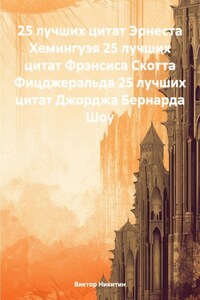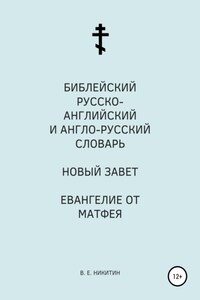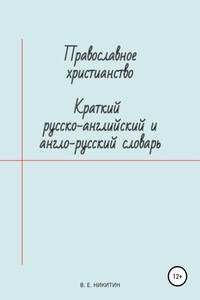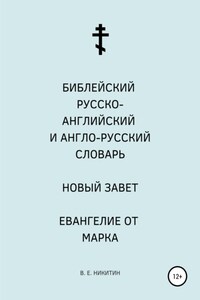Сборник цитат из сочинений Авраама Линкольна Часть 1 Авраам Линкольн о Гражданской войне в США
Автор книги - Виктор Никитин. Произведение относится к жанрам книги о войне, историческая литература. Оно опубликовано в 2025 году. Книге не присвоен международный стандартный книжный номер.
Этот сборник цитат из сочинений Авраама Линкольна (1809 – 1865), 16-го президента США (1861—1865), освободителя американских рабов, национального героя американского народа, отражает его взгляды на различные темы в период, характеризующийся потрясениями и трансформациями в американском обществе до и во время Гражданской войны. Книга касается таких тем, как рабство, демократия и гражданские права, отражая убеждения Линкольна в поворотную эпоху в истории США. С помощью своих емких и впечатляющих фраз Линкольн формулирует моральные и социальные проблемы своего времени. Сборник отражает глубокую приверженность Линкольна принципам демократии и прав человека, что делает его ценным источником для тех, кто интересуется американской историей и политической мыслью.
Часть 1. Цитаты Авраама Линкольна о Гражданской войне в США (1861 – 1865)










